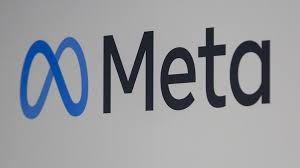Meta, the parent company of Facebook, Instagram, and WhatsApp, has initiated a significant wave of layoffs, impacting approximately 3,600 employees globally. The latest round of Meta layoffs, which began on February 10, 2025, accounts for about 5% of its total workforce. Employees in various departments have been affected, as the company continues to streamline operations and invest heavily in artificial intelligence.
Performance-Based Job Cuts
The recent Meta layoffs are part of CEO Mark Zuckerberg’s strategy to raise performance standards across the company. These terminations are being labeled as “performance-based cuts,” targeting employees with lower ratings. While the move aims to enhance efficiency, it has also sparked concerns about workplace morale and job security.
Global Impact and Exemptions
Although the layoffs are global, employees in Germany, France, Italy, and the Netherlands are exempt due to local labor regulations. Notices for affected employees in other regions, including Asia, Africa, and North America, are being sent out in phases between February 10 and February 18, 2025.
AI-Driven Hiring Despite Layoffs
Despite these job cuts, Meta is actively hiring machine learning engineers and other AI-related roles. The company has announced an accelerated recruitment process from February 11 to March 13, 2025, as part of its $65 billion investment to strengthen AI infrastructure and development.
Industry-Wide Trend
Meta is not the only tech giant undergoing workforce reductions. Companies like Google, Microsoft, and Amazon have also implemented layoffs in 2025, reflecting a broader industry trend of optimizing resources after years of rapid expansion during the pandemic.
As Meta continues to evolve its business model, these restructuring efforts indicate a strategic shift toward AI-driven growth while reshaping its workforce. The impact of the Meta layoffs remains a critical topic in the tech industry, raising questions about job stability and the future of tech employment.
